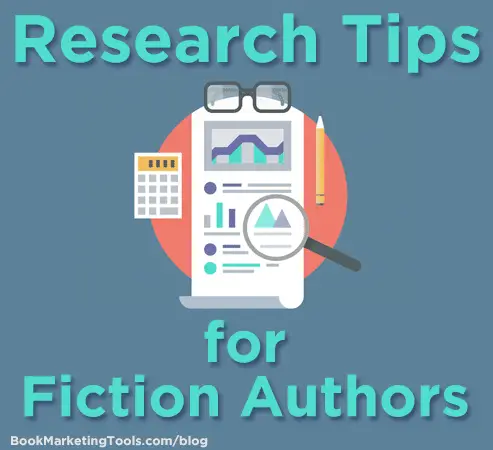From experience, I have found research on non-fiction topics easier than fiction. You plan the topics you want to cover in your book or article, learn things and facts you didn’t know, and there you have the answer. If you found more than what you were searching for, it can enhance the end product.
When non-fiction writers say you do the same for fiction, it is not entirely accurate. As fiction writers will tell you, research can be a distraction. Too much information to disseminate. Topic too interesting to let go. People do research in many ways: books, the internet and the usual fall back, interview an expert on the subject. But what do you need to ask and how much information do you actually need for your story?
Focus Your Research
For a fantasy fiction author the real world and its real facts can be a constraint, but it can also be the solution to your problem. Allow me a moment to set the background to my current project: Galen’s Hope is set in a fantasy world, with some mythological elements, i.e. my protagonist, Galen, is a gryphon. I chose to write this story for two reasons: it takes place in a well-established setting of my fantasy series, The Nations of Peace. Secondly, I wanted to stretch my literary wings without going outside the fantasy genre.
Galen’s Hope is the story of a man who lost everything, but still manages to find a reason to carry on.
For this story I didn’t need facts – how many engineers does it take to design a submarine? – I needed to learn about people. My research was done on the topic of grief.
While writing the first draft, my mother passed away. You would think that this would be the ideal research for my story, but it wasn’t. I started my research before my mother passed away and in the process, I learned that people do not deal with loss in the same way. I lost a single person, a loved one, but how could I possibly translate that to the loss my character suffered at the loss of his entire family? I had to get more information, and could not rely on my own experience and feelings alone.
How I Did My Research
I started by drawing up a character sketch for Galen. Then I drew his family tree. As I came to understand him, his background, his history, what I needed to research became clearer.
- Galen lost his parents – so I needed to know how adults deal with the loss of a parent.
- He lost his wife. Since it was a marriage of a political alliance, his emotional investment had not been as great as it would have been if he had loved her. So the focus of my research did not include the loss of a spouse.
- He lost his children. He loved them. It is common knowledge that the loss of a child can be devastating to a parent. Here it became clear that the turning point, or the crucible scene of the story, had to be about his children. I chose a memory of his youngest daughter for the scene.
His hope, the title of the story, was born out of an idea I had about the history of the mythological gryphon which did not require much in the way of research. Only the basics were required to get what I needed.
What fascinated me about the research, while I was reading those academic papers, was that the story fell into place at the same time. I am a project manager with an engineering background and have little to no knowledge of psychology. I soon realised that I didn’t need to fully understand the field of psychology to understand what it was that I needed to know for my story. I kept handwritten notes and every so often made notes about ideas I had for the story – I used a different colored pen to make them easier to find later on. The research notes will not appear in my story, but my notes will.
What Type of Research?
I don’t plan my stories in much detail, but I spend a lot of time on the character sketches and the setting where the story takes place. In the case of Galen’s Hope, having the character well defined before I started my research helped in formulating the way he would deal with the loss of his family. You might say that by understanding Galen, I understood his grief and the research was mainly a tool I used to formulate the details I needed to write the story.
It didn’t matter that it was set in a world of my imagination, but it was essential that the research had to be appropriate for the story and be focused on what I needed to know.
Linzé Brandon is an author. You can connect with her at her blog, Butterfly on a Broomstick, and on Twitter and Facebook.

